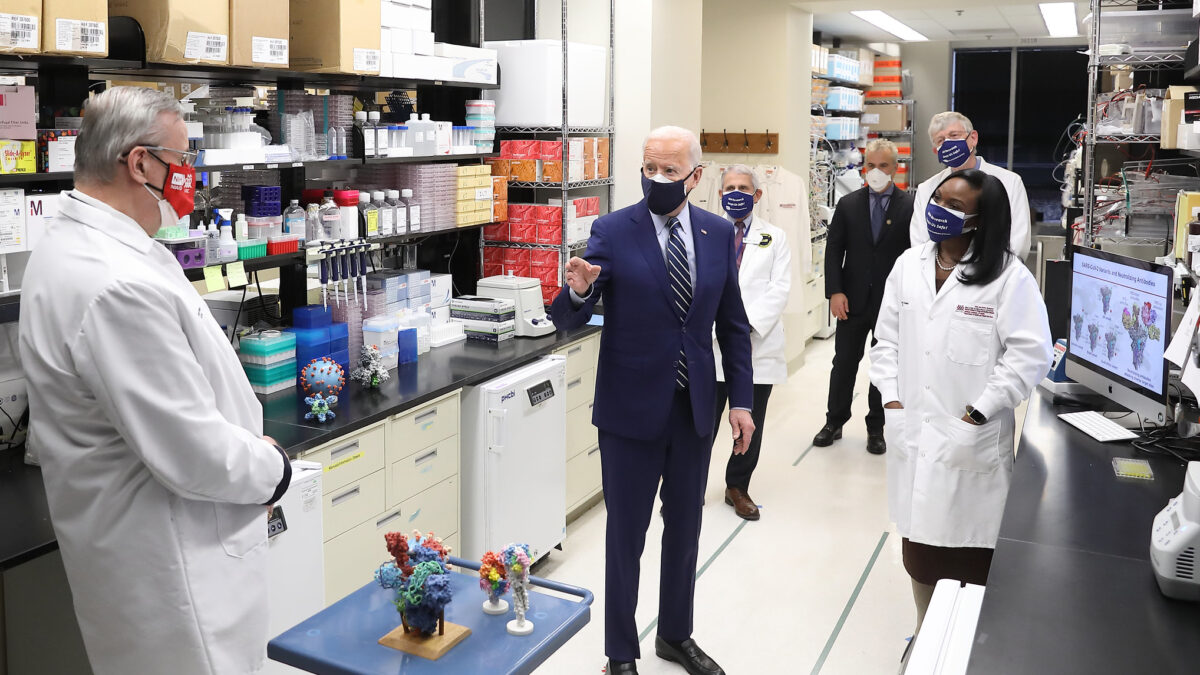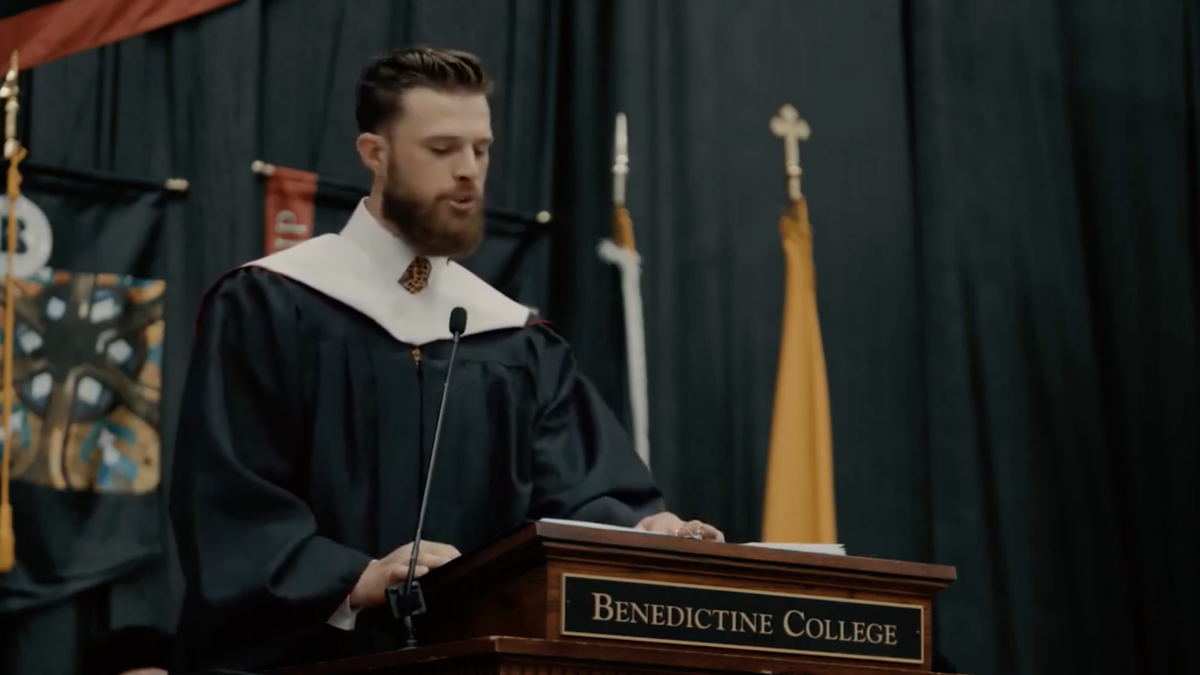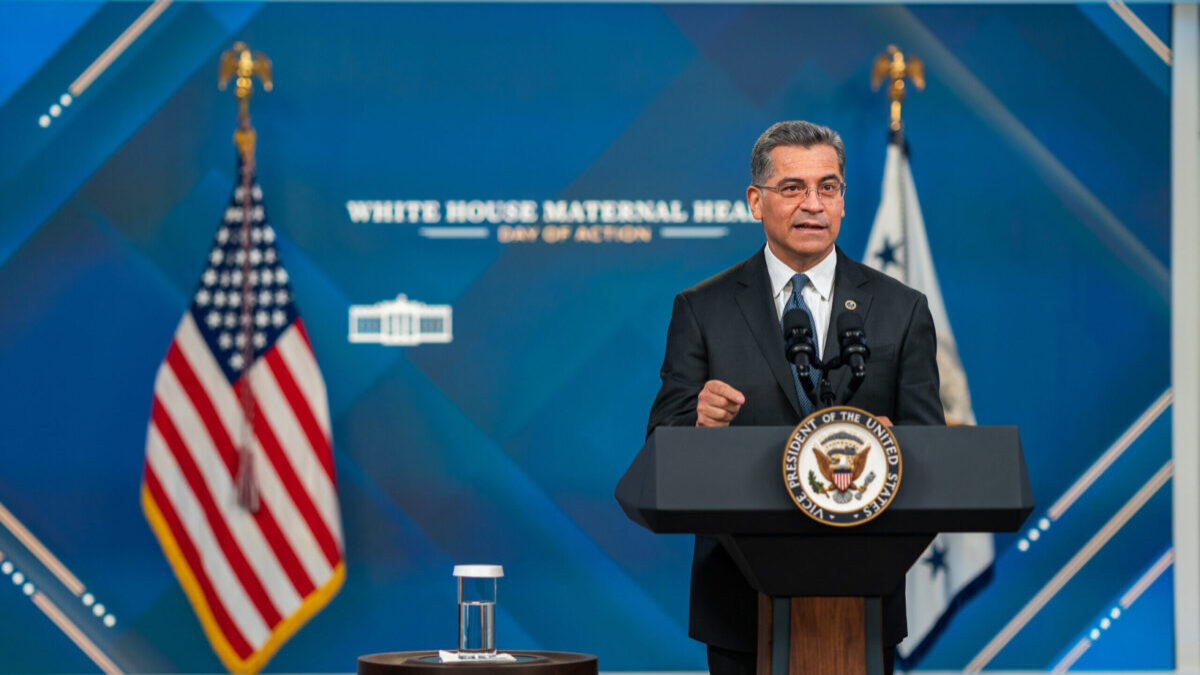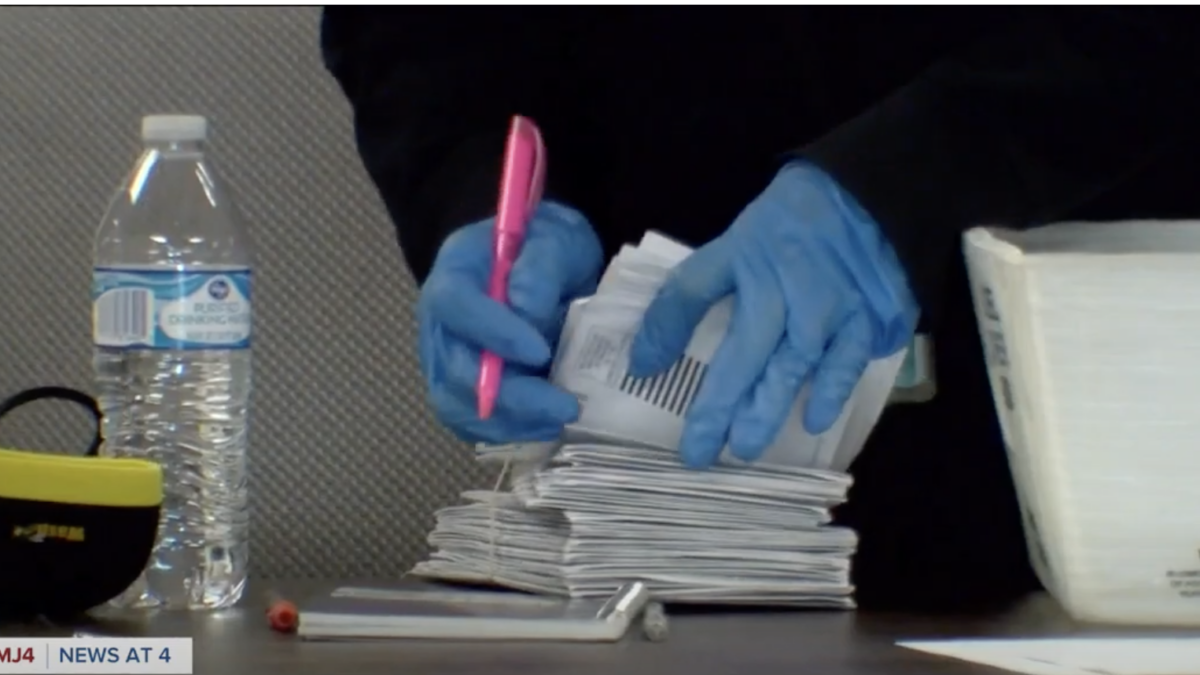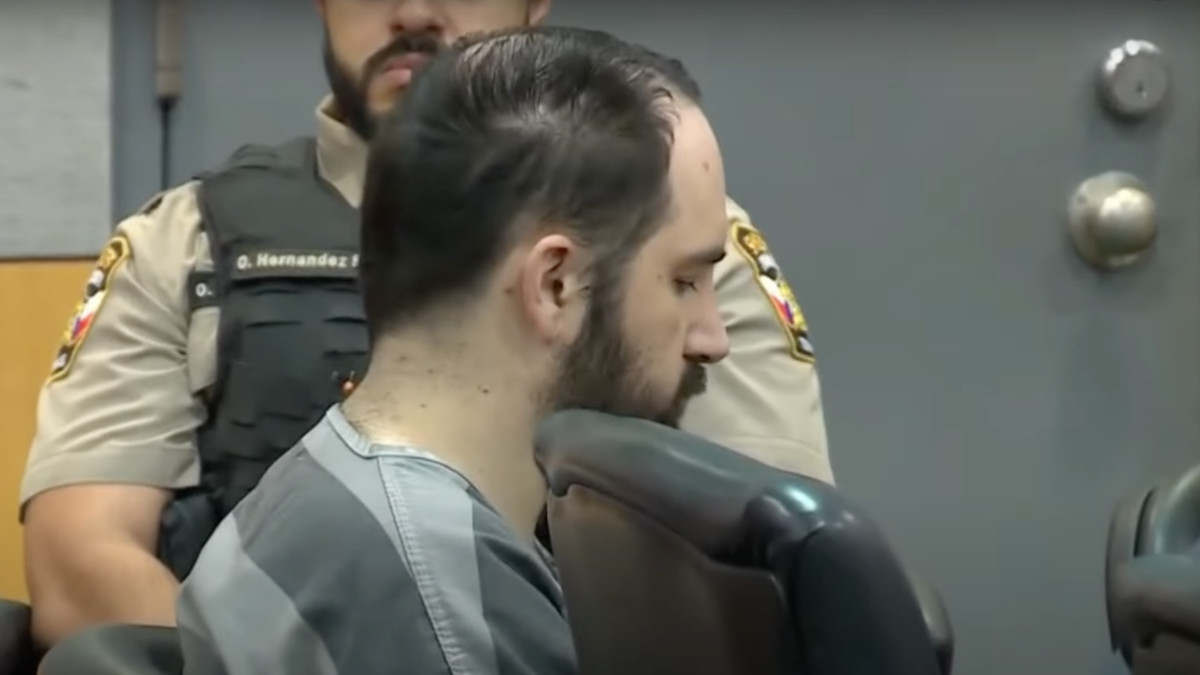
In recent days, hundreds of thousands of women have joined in a #MeToo campaign on social media: chronicling instances of sexual abuse and harassment, sharing words and actions that threw their lives into tumult and torment. Their experiences range from serious physical abuse to humiliating street encounters, but throughout all such recollections, it is obvious that hurt, fear, and objectification have left an indelible mark.
In one sense, the #MeToo campaign is frustratingly powerless. One deeply hopes it will awaken consciences and prick hearts, that it will drive our nation toward some soul-searching about the way women are treated each day. But while social media can awaken us and open our eyes, it doesn’t always motivate long-term action.
Perhaps the most clear example of this is the #YesAllWomen campaign that spread across social media in 2014. Like #MeToo, women who participated in this campaign shared stories of harassment and discrimination in an effort to motivate change. The #YesAllWomen hashtag was tweeted more than 1.2 million times. At the time, Sasha Weiss wrote for the New Yorker that “the tweets accumulate into a kind of memorial, a stern demand for a more just society.” She found herself motivated to join in the voices, “emboldened by the sense of safety created by a mass of voices speaking of their private fears in a public forum.”
The Strengths and Weaknesses of Social Media Campaigns
But sadly, here we are again—three years later—with another, near-identical social media campaign. When I’ve researched and written about human rights in the past, I’ve noticed a sad tendency among Americans to adopt, then quickly drop, various social media campaigns. We saw it when Boko Haram kidnapped Nigerian girls in 2014, and #BringBackOurGirls became a trending hashtag. Few people are still following the troubled situation of these young women, several of whom are now home and grappling with the traumas of their past.
#YesAllWomen served to boost awareness among the larger public, drawing attention (at least for a time) to the frustrations many women share. But our collective reality—on the streets, in crowded ballparks and stadiums, in offices across America—is still largely the same. Or else we wouldn’t be back here again.
That said, perhaps the power of the #MeToo campaign lies less in effecting immediate change, and more in the solidarity it provides: the willingness of some to abandon invisibility encourages others who’ve borne silent hurts. Women who thought they were alone suddenly realize that old friends or acquaintances have experienced similar pains.
I’ve seen women young and old, from countless walks of life, ethnicities, religious backgrounds, and states share a “Me too” comment this week. Sometimes, they did not elaborate. Other times, they did. But regardless, women responded to their statuses with thanks. Often, we need this: we need to know that we aren’t bearing such scars alone.
How Do We Cultivate Change?
But of course, the question remains: will #MeToo change things? I want my daughter to grow up in a world where she needn’t fear walking to her car in an empty parking lot; where she can walk down the street without fear of demeaning or objectifying comments. I want her to be respected for her character—for her sweetness and kindness, sharp brain and sense of humor—not just for her lovely eyes and sweet smile.
But we can’t create such a world online, even though thoughtful, inspiring online interactions may help prompt change. Change such as this will only happen via individual families, friend circles, and mentorships. It will happen as fathers and mothers teach and challenge their sons, teachers, and counselors hold their young charges accountable, and grown men encourage and challenge their coworkers, friends, and brothers. The men in my life—husband, father, brothers, and friends—are a testament to the loving and healing impact virtuous men can have in this troubled world. But such men do not arise out of a vacuum. They are trained, equipped, encouraged, and loved.
Change will happen as those same parents, teachers, mentors, and friends encourage young women to treat themselves with respect, speak up for themselves, and place their value outside the world’s measures of worth. It’s change that can only happen in individual souls, through individual interactions.
Hopefully #MeToo Will Prompt #WeToo
As Christian speaker and author Beth Moore put it in a series of moving tweets,
There's no way on earth for me to move on to a new subject quickly after that barrage of #MeToo hashtags. So, I'd like to offer some #WeToo:
— Beth Moore (@BethMooreLPM) October 16, 2017
#WeToo have a voice. For all the times we were bullied into silence, we get to speak up & call wrong WRONG. #WeToo for fewer future #MeToos.
— Beth Moore (@BethMooreLPM) October 16, 2017
#WeToo get to stand on solid ground and be counted. We too get to help other girls stand. We too get to say, "I understand. I believe you."
— Beth Moore (@BethMooreLPM) October 16, 2017
#WeToo have dignity. We too have courage. We too can heal. We too have community. We too can be unashamed. We too can see to change.
— Beth Moore (@BethMooreLPM) October 16, 2017
Lastly what, to me, is the game changer: #WeToo are loved by God/defended by Christ/upending the darkness/bringing to light/devoted to love.
— Beth Moore (@BethMooreLPM) October 16, 2017
We live in a dark, hurting, sinful world. All too often, vulnerable and powerless people are abused and oppressed. Harvey Weinstein reminded us that one malicious, powerful person can have a disproportionate impact on a multitude of women, forever shaping their lives, inflicting a multitude of scars.
The bevy of women who’ve spoken out in recent days should serve as a powerful condemnation of those who use their anonymity—or their power—as a cloak for vice. Their stories should also serve as a powerful rallying cry to parents, neighbors, and friends to stand up for the voiceless, the vulnerable, the unprotected. As Moore puts it, #MeToo should prompt us to say #WeToo—for little platoons to begin protecting, loving, and challenging their own, however they can.
I cannot change the Weinsteins of the world. I can only start here, with my own daughter, teaching her what I know to be true: she deserves love and respect. She is infinitely precious and beloved. Her worth does not lie in the eyes of men, but in the self-sacrificing, immutable, unchangeable love of God. And I can only hope and pray that when my daughter is grown, there will be no more need for such social media campaigns.


